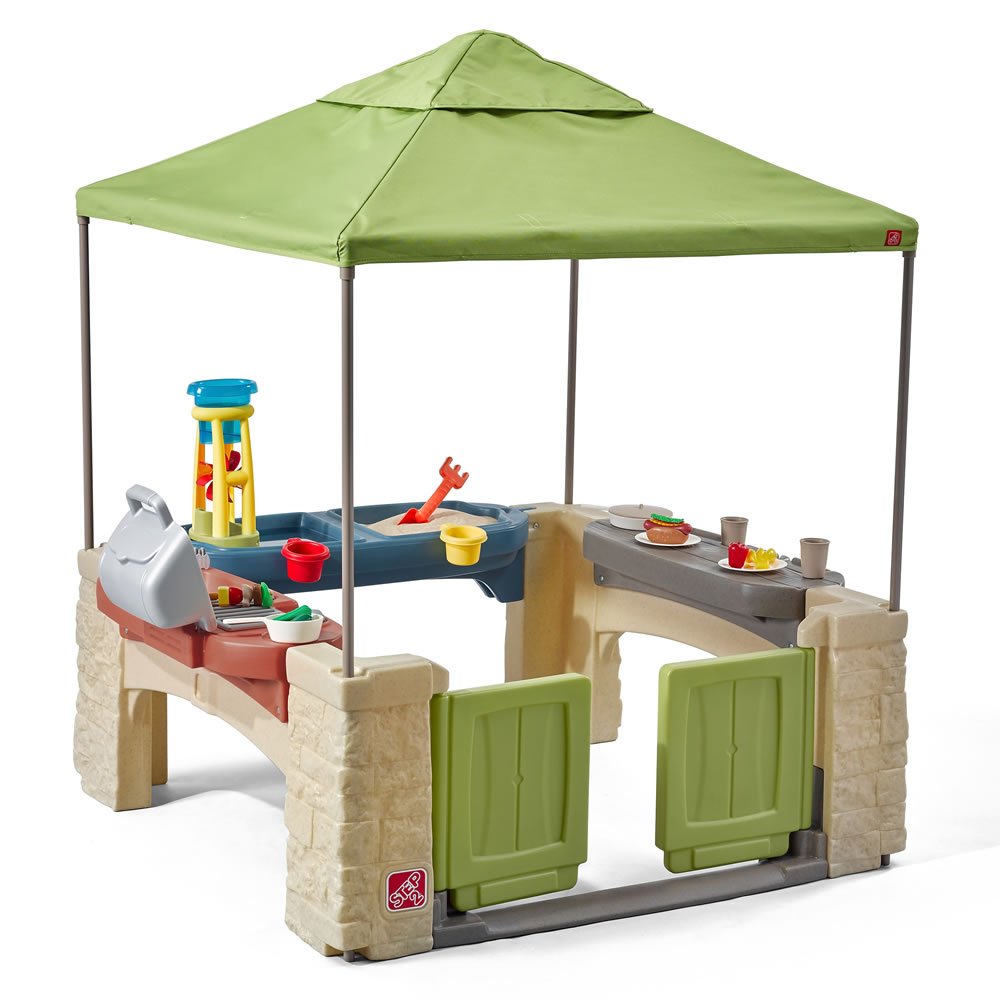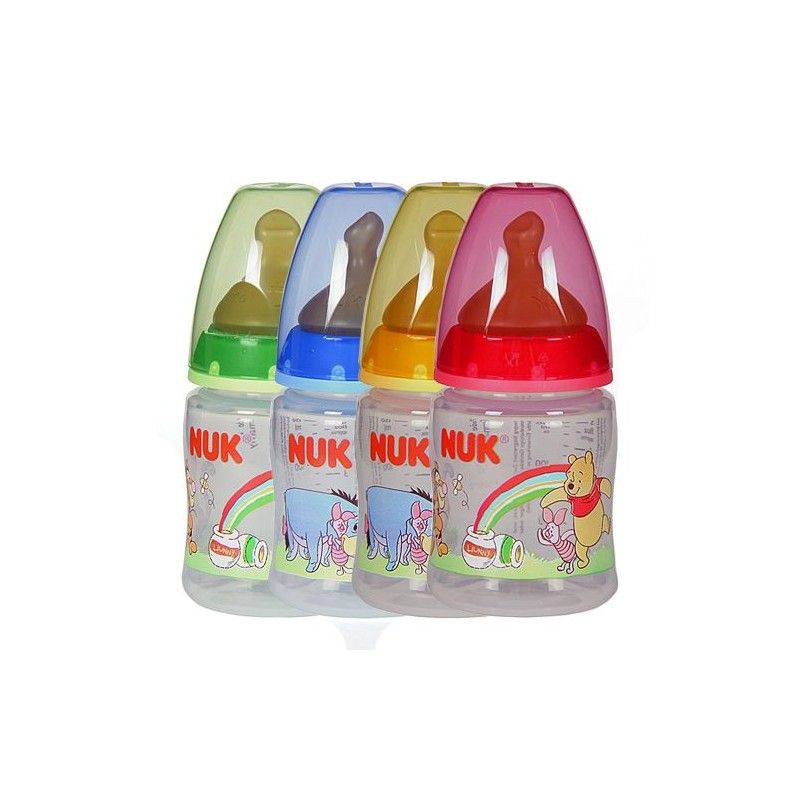Has your child caught a cold again? Doesn't he stop coughing and often misses school?
With the onset of cold, many parents wonder what they can do to prevent their children from suffering from the illnesses typical of winter. Follow these 6 practical tips and forget about them!
The thermometers go down and the most frequent illnesses associated with the cold arrive, mainly affecting the respiratory tract, such as the flu, colds, bronchitis, pharyngitis or other more serious illnesses such as pneumonia.
However, you should not stop going out with children; with some practical advice you can reduce the spread of diseases and other health problems related to cold such as skin lesions.
Why does cold make children sicker?
Children are especially vulnerable to cold and are more prone to disease, especially if they are in contact with other children. Their immune system is not mature enough and they do not have the same defensive capacity as adults. Many parents wonder what they can do to keep their children from getting winter illnesses.Cold is associated with most respiratory illnesses, but cold is not really the culprit for children to become ill, although it is during the cold months that there is the greatest risk of these illnesses. There are several reasons for this:
Sudden changes in temperature without proper shelter.
Children under the age of 7 are more vulnerable to climate change and are at higher risk of infection because they tend to have more mouth breathing than nasal breathing.
The cold causes the natural defence barriers of the nose (cilia and nasal mucous membranes) to lose their effectiveness and allow more microorganisms to pass through the body and do not sufficiently heat the air that must reach the lungs.
Certain viruses, such as the flu virus, are covered with a resistant layer that protects them from the cold and allows them to continue infecting other people.
Rain causes an increase in the circulation of respiratory viruses and pollutants in the air.
Contamination at home due to lack of ventilation or staying indoors in contact with other children facilitates the spread of viruses.
Reducing exposure to viruses
1. Wrap up properly:
Many parents suffer when they leave very early in the morning with their children, because they cannot find a way to prevent them from coughing or sneezing, and so many of them overdress them, as if they were Eskimos.
Although one of the main tips to avoid the effects of cold is to keep warm, overdressing them can be counterproductive, as an excess of fabric prevents them from regulating their body temperature with that of the environment and ensuring the appropriate transpiration mechanisms.
The type of fabric used in clothing should also be taken into account: wool, for example, can irritate the respiratory tract, accumulate dust and cause allergies. The most appropriate material for children is cotton.
It is essential to protect your nose and mouth well when moving from a warm to a cold environment, especially in the morning, when many children face the phenomenon of thermal inversion characterized by a significant reduction in temperature.
2. Ventilate spaces and avoid crowds:
In order to prevent certain diseases, it is important that all spaces with children are well ventilated and, if possible, sparsely crowded. It is recommended to open the windows of the rooms at least 10 minutes a day.
Indoors, it is preferable to use electric or gas stoves and keep the house warm (do not raise the heating too much), and thus allow the body itself to use its regulatory mechanisms to adapt to the cold. This will also prevent large changes in temperature when we leave home.
3. Maintain hygiene habits:
If possible, avoid contact of children with sick people. It is also necessary to prevent children from sharing utensils with other children such as glasses, plates, cutlery, towels and pacifiers. Washing hands frequently, especially before eating, when entering the home, and if you have been in contact with other children, reduces the chances of developing an acute respiratory illness by almost 30%.
4. Eat a varied and healthy diet:
Diet plays an important role in avoiding illnesses and colds typical of cold months. If your baby is still breastfeeding, breastfeeding will stimulate his immune system and protect him from many infections.
If you already eat solids, your diet should include fruits and vegetables, rich in vitamins A and C, as well as fish and milk. It is advisable not to give them cold drinks, but instead to offer them hot broths and drinks.









